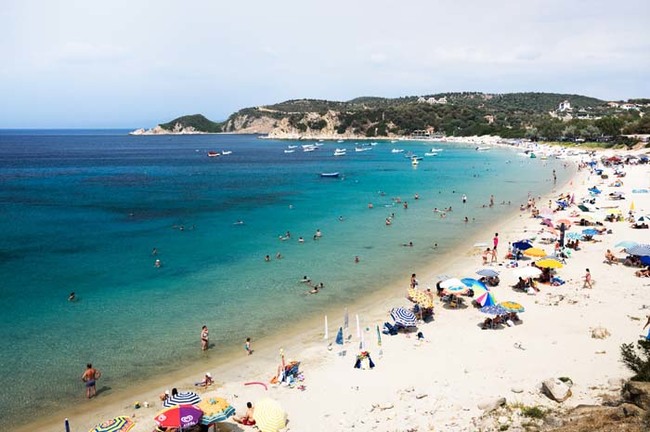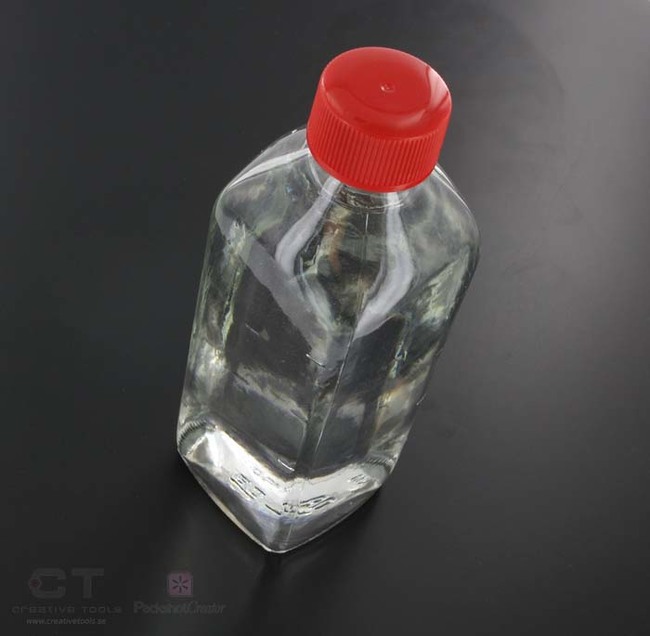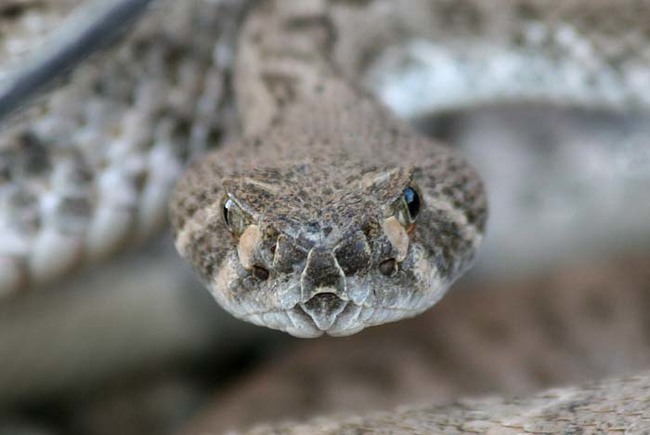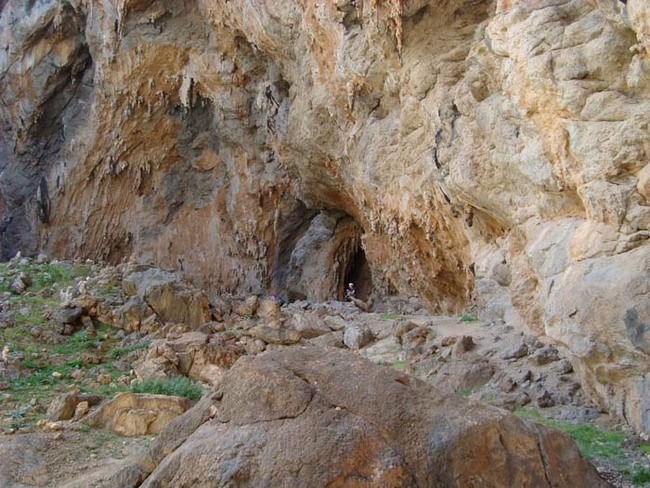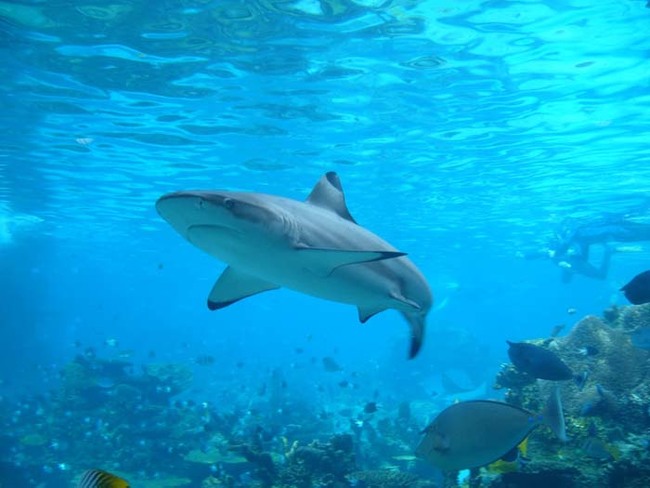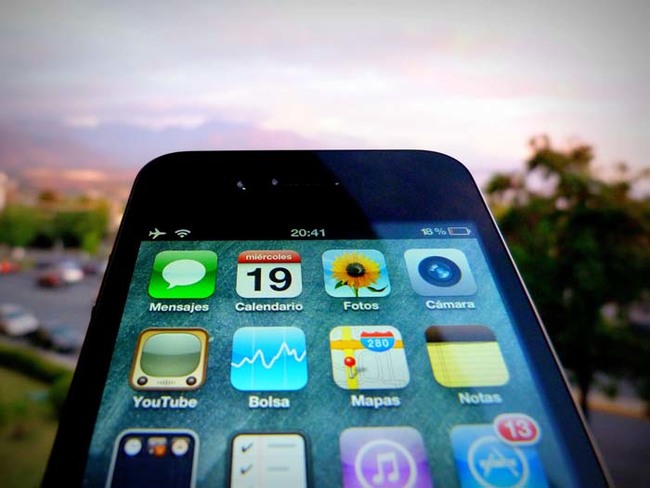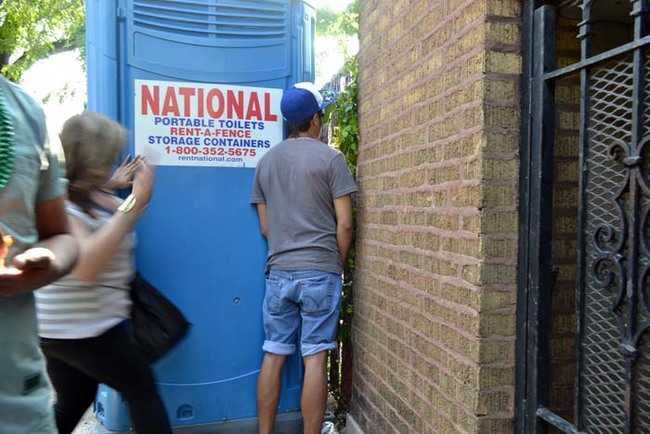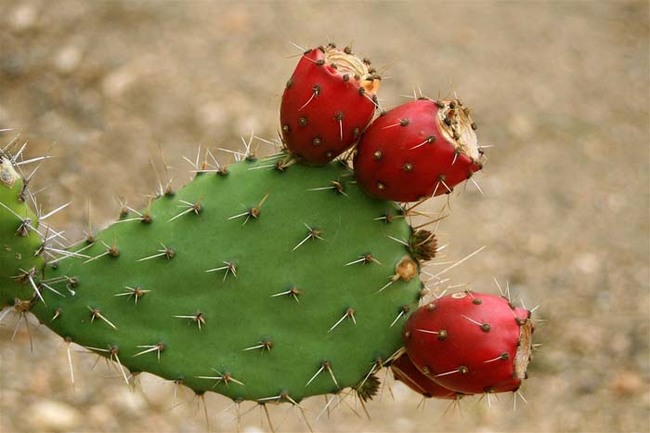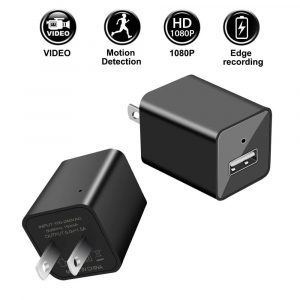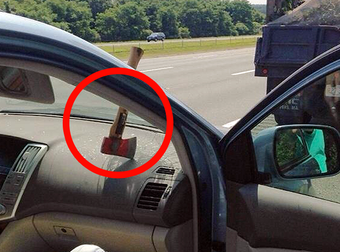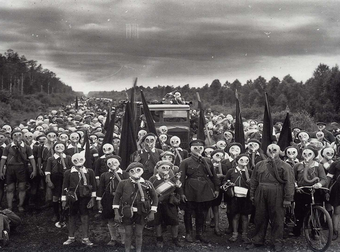Thanks to the ever-present smartphone, most people probably think they are more knowledgeable than they actually are. Information is constantly at your fingertips, available during almost any conversation you have throughout the day. Dinners are full of Googling, not discussion.
Although having information readily available can be a truly marvelous thing, it has fooled us into thinking we can handle anything. If your car broke down and you were lost in the wilderness without a phone signal, would you know what to do?
(Hint: If you say yes, you’re probably wrong.)
These survival myths are widely known and accepted as what you should do in case of an emergency. As it turns out, they’ll probably kill you… not save you.
1.) Myth: Swim parallel to the shore if you’re caught in a rip current.
Unfortunately, rip currents flow in different directions, not just out to sea. So, instead, swim in the direction of the wind or current. Basically, if you feel like you’re swimming upstream, you’re going the wrong way.
2.) Myth: Ration your water if you’re stuck in a hot climate/desert.
If you die from dehydration, all of that water you saved won’t help you. Humans can survive for a couple of days without water, even in extreme heat. Instead, avoid unnecessary exertion by staying in the shade during the day, drink the water you do have and move at night if you need to find help.
3.) Myth: You should suck the poison out of a snakebite.
Actually, that will hurt you and the victim. The venom can damage your mouth and trachea. Not only that, but it won’t actually help the victim like anti-venom will. Instead, seek medical attention and fast.
4.) Myth: Shelter means finding a cave or building a lean-to.
Actually, shelter means different things in different environments. It could mean protection from the sun or insulation from the cold. Don’t build a hut. It won’t work.
5.) Myth: Punching a shark in the nose will scare it off.
If a shark initiates an attack, fighting back WILL probably save you. However, most people aren’t capable of punching a shark hard enough (in water) in order to stun it. Instead, claw at its eyes and gills. (No animal on earth will like that.)
6.) Myth: You need to find food first.
Humans can live for about 6 weeks without food. Food shouldn’t be your first priority (especially if you can’t identify safe vegetation to eat). Water, warmth and protection are your priorities.
7.) Myths: You can survive because you saw a TV show, or read something on your phone.
So not true, unfortunately. Confidence and preparation are important for survival… but arrogance and ignorance will get you killed. Be safe and don’t take chances. You’re probably not the outdoorsman you think you are.
8.) Myth: Drinking your own pee will save you.
Actually, if you’re already dehydrated, drinking urine will stress your kidneys. It can be done in cooler climates, but if you’re in heat-stroke environments, you’ll probably just overheat quicker.
9.) Myth: You can drink water from a cactus.
No, no, no and no. There is one VERY specific kind of barrel cactus in which you can drink the fluid inside. Almost every other cactus is filled with a noxious liquid that will most likely make you sick, dehydrating you more.
(via The Clymb)
Don’t believe everything you see in movies, hear from friends or read online (except for this). Many survival myths are just old wives tales that really won’t help you, unless you’re Bear Grylls.
Save a life. Share these survival myths with others so they don’t accidentally make a fatal mistake.
